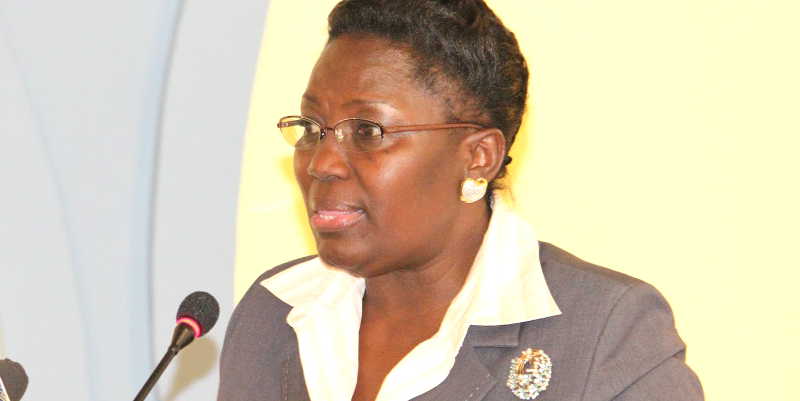Health
Experts decry impediments to social, economic rights

The proposed HIV prevention act in Uganda has been criticized by HIV Aids activists as a form of legal prohibition of access to health rights
Despite managing the HIV/AIDS epidemic for over 30 years, Uganda still faces the challenge of stigmatizing people living with the virus. Health activists say this stigma especially by the service providers has frustrated the enjoyment of the right to access health care.
This was highlighted at the Second National Annual Conference on Economic, Social and Cultural Rights in Uganda that was held at Makerere University under the theme; Tackling Social Exclusion in Access to Socio-Economic Goods and Services for Sustainable Development.
Speaking at the conference the Executive Director for the International Community of Women living with HIV and AIDS Eastern Africa (ICWEA) Lillian Mworeko lamented that stigma is still a major factor that hinders access to HIV/AIDS treatment.
“We are now even experiencing a new wave of stigma and discrimination because of the law, the HIV prevention and AIDS act 2014 but also importantly because of fatigue, everybody is looking towards ending AIDS and because people want to end the disease, they want to do everything possible to make sure they prevent new HIV infections as a result we are seeing a lot of Human Rights Violations and therefore people fear to come out openly about their status and access health services”-Mworeko
But the director of planning at the Ministry of Health Dr. Henry Mwebasa disagrees with Mworeko. He says that the problem of stigma against HIV patients has drastically reduced since there is increased availability of HIV treatment.
Mworeko also expressed similar concerns for People with disabilities whom she said are experiencing limited or no access to services because of the unfriendly physical infrastructure of hospitals, schools among others.
The Executive Director Centre for Health Human Rights and Development (CEHURD) Moses Mulumba is however optimistic that the discussions at the Second National Conference will influence the relevant policy changes and implementation to ensure access to health services for all.
“The advantage is that we were speaking to a technical person, a person at the level of a director and he heard all these concerns. He was shocked at some of the voices and we believe that they are going to be picked up and taken to the Ministry of health” Mulumba said.
Giving a keynote address, the South African Constitutional Court Judge Johann van der Westhuizen cautioned the Uganda government against passing laws and court judgments which cannot be fully realized in the interest of citizens.
“The constitution and the law cannot solve these problems, the constitution does two things, it sets the ideal, our aspirations and where we ought to go as well as providing a starting point,” Westhuizen said.
On his part, Makerere University Law Prof. Joe Oloka Onyango attributed the failure to accord better social economic rights to political leaders’ disrespect for citizens, coupled by failure by Ugandans to demand accountability from government.
Comments


















